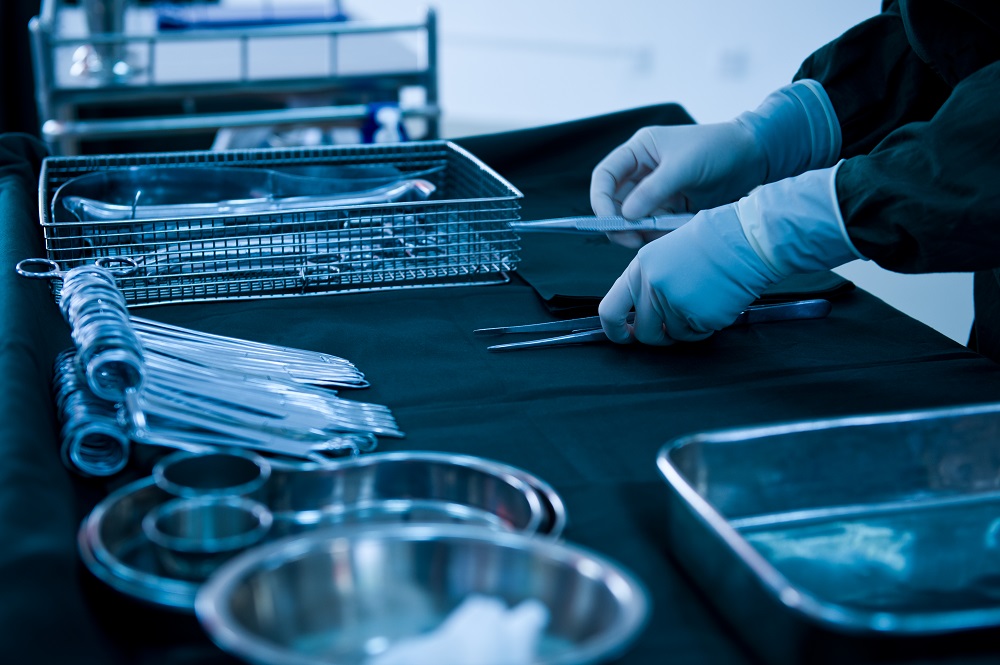In quite a few cases, vulvar cancer doesn't cause symptoms in the beginning.
However, signs may be:
- Lump in the vulva
- Persistant vulvar itching
- Tenderness and pain
- Local bleeding (not from period)
- Discharge
- Changes in the vulvar skin (color changes, growths of an ulcer, etc.)
- Pain with urination
- Pain during sexual intercourse
Although the cause of vulvar cancer is unclear, some conditions may precede the disease, such as lichen sclerosus, squamous dysplasia or chronic vulvar itching. In younger women, risk factors might include human papillomavirus (HPV) infection, multiple sexual partners, cervical cancer and smoking. Patients that are infected with HIV also tend to be more vulnerable to vulvar cancer.
The type of cell in which vulvar cancer begins determines further treatment.
The most widespread types are:
- Vulvar squamous cell carcinoma (most common): This cancer starts in the thin, flat cells that line the surface of the vulva.
- Vulvar melanoma: This cancer starts in the pigment-producing cells in the skin of the vulva.
It’s important to diagnose the disease as early as possible, because vulva cancer may form metastases in the neighboring lymph nodes already at an early stage. There might be complications when the entire vulva is removed during surgery, e.g. infection and problems with healing around the incision.
Moreover, it can be uncomfortable to sit for a longer time when the vulvar padding is gone. In addition, the genital area might feel numb, and it may not be possible for the affected women to achieve orgasm when they have sex. If the lymph nodes had to be removed, the patients might suffer from fluid retention and leg swelling (“lymphedema”). Even after successful treatment, vulvar cancer can return. That’s why regular follow-up exams are very important.
Treatment options for vulvar cancer depend on the type and stage of the vulva cancer as well as the overall health of the patient.
Surgery
Options:
- Removing the cancer and a margin of healthy tissue (“wide local excision” or “radical excision”): The cancer and a small amount of the surrounding tissue are cut out.
- Removing a portion of the vulva (“partial vulvectomy”): A portion of the vulva is removed as well as the underlying tissues.
- Removing the entire vulva (“radical vulvectomy”): The entire vulva, clitoris and underlying tissues are removed.
- Extensive surgery for advanced cancer (in case cancer has spread to nearby organs): The vulva and the involved organs are removed (“pelvic exenteration”), such as lower colon, rectum, bladder, cervix, uterus, vagina, ovaries, lymph nodes. However, a special technique (“sentinel lymph node biopsy”) may allow surgeons to remove fewer lymph nodes.
- Reconstructive surgery: If the doctor had to remove lots of skin tissue from the vulva, he/she may graft skin from another part of the body to cover the affected area.
Radiation therapy
Radiation therapy for vulvar cancer is normally administered by a machine that moves around the patient’s body and directs radiation to exact points on the skin. High-powered energy beams, such as X-rays, kill the cancer cells, or shrink large vulvar cancers to make surgery more successful. Radiation may be combined with chemotherapy, which can make cells of vulva cancer more vulnerable to radiotherapy. Radiation to the area around the lymph nodes is supposed to kill any remaining cancer cells after surgery in case cancer was already discovered there.
Chemotherapy
During chemotherapy chemicals are used to kill cancer cells. In general, the drugs are administered through a vein in the patient’s arm or by mouth. If the vulvar cancer has already reached an advanced stage and has spread to other areas of the body, chemotherapy might be an option.
Follow-up exams after treatment
Regular follow-up exams are imperative in order to look for a cancer recurrence. Even after successful treatment, vulvar cancer may return. Physicians generally recommend exams two to four times each year for the first two years after the treatment.
Preventive measures
Reducing the risk of sexually transmitted infections, e.g. HIV and HPV (human papillomavirus), may also reduce the risk of getting vulva cancer.
Suggestions:
- Limit the number of sexual partners
- Use a condom every time you have sex
- Girls and young women: Consider the HPV vaccine
- Visit your doctor
- Ask about pelvic exams
- Discuss risk factors for vulvar and other pelvic cancers to determine the most appropriate screening exam schedule


